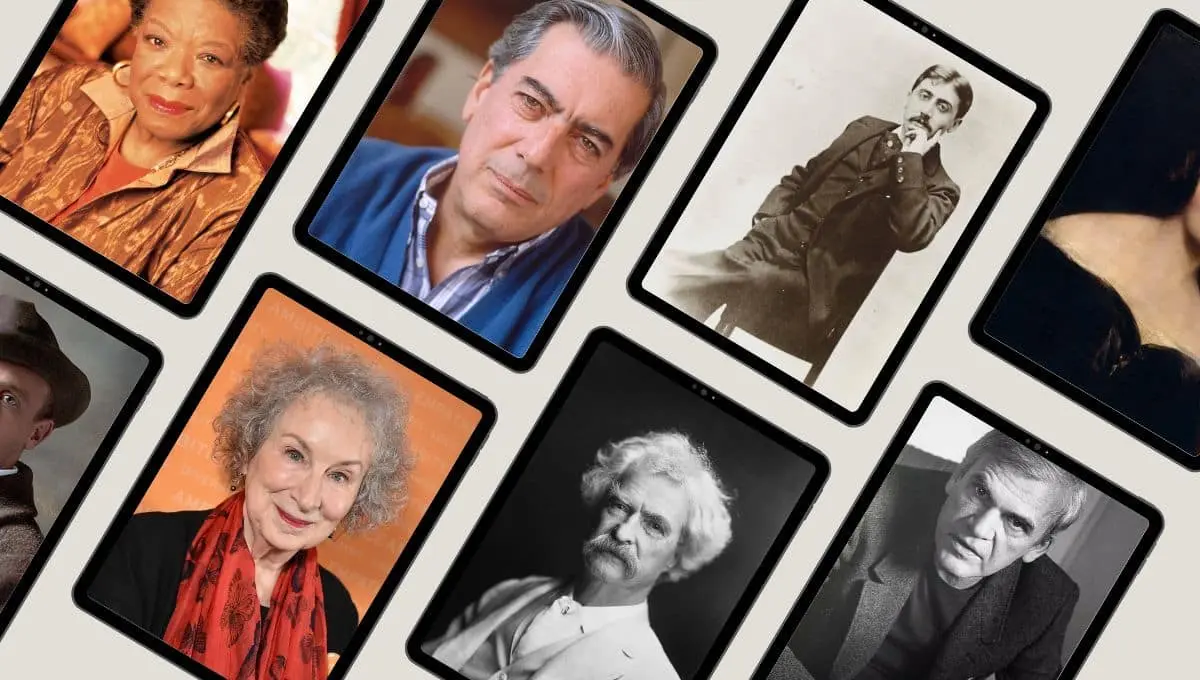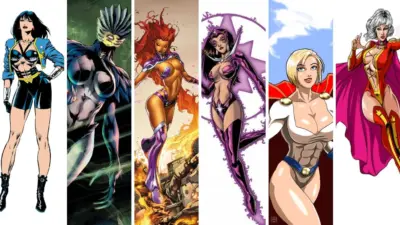- His most famous works, “The Adventures of Tom Sawyer” and “Adventures of Huckleberry Finn,” skil…
- “In Search of Lost Time,” exploring the interplay between past and present, consciousness and memory, stands…
- English novelist Mary Shelley is revered as the author of “Frankenstein,” a groundbreaking work that laid th…
- “Frankenstein” delves into themes of creation, ethics, and the nature of humanity, reflecting Shelley’…
- Additionally, Ondaatje’s works often explore themes of identity, memory, and displacement, weaving intricate narra…
- A Japanese author from the Heian period Murasaki Shikibu wrote “The Tale of Genji,” often regarded as the wo…
Discover the literary brilliance of 10 Must-Read Authors whose name starts with M. This diverse list includes writers who have left an indelible mark on the world of literature. From the intricate storytelling of Milan Kundera to the imaginative worlds of Margaret Atwood, each author brings a unique voice and perspective to their work
10 Must-Read Authors whose name starts with M
Margaret Atwood
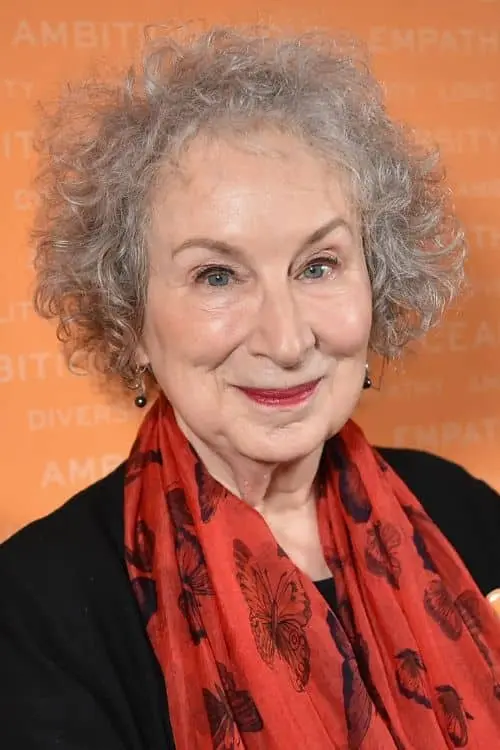
A French novelist Marcel Proust carved a unique niche in literary history with his masterpiece, “In Search of Lost Time.” This extensive work, celebrated for its profound exploration of memory, time, and self, is a cornerstone of modernist literature.
His ability to capture the subtleties of human experience has captivated readers and critics alike. Proust’s influence on literature extends beyond his narrative techniques; his insights into human nature and society have made him a pivotal figure in the world of literary arts, inspiring countless writers and thinkers in the century since his work was published.
Mark Twain
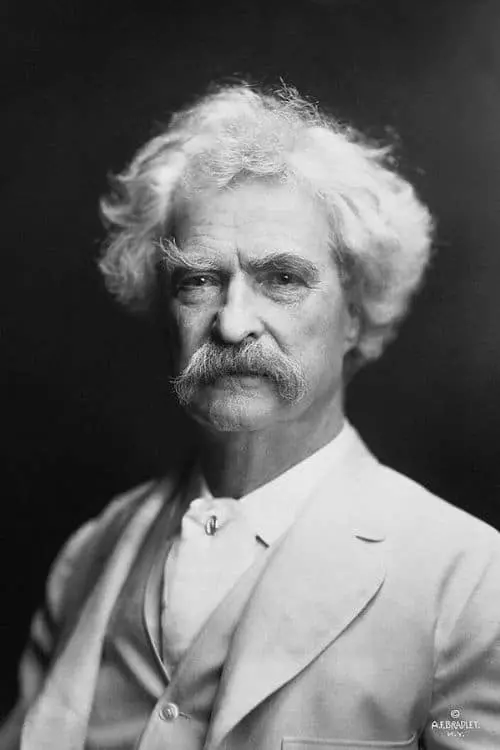
Known as the father of American literature, Mark Twain, originally Samuel Clemens, gained fame for his exceptional wit and satirical prowess. His most famous works, “The Adventures of Tom Sawyer” and “Adventures of Huckleberry Finn,” skillfully blend humor with critical insight into American society.
Furthermore, Twain’s narratives are rich with vivid characters and satirical undertones, perfectly capturing the essence of life along the Mississippi River during the 19th century. Additionally, his masterful use of dialect and sharp observations of human nature have entertained generations while providing valuable insights into American culture and history.
Mario Vargas Llosa
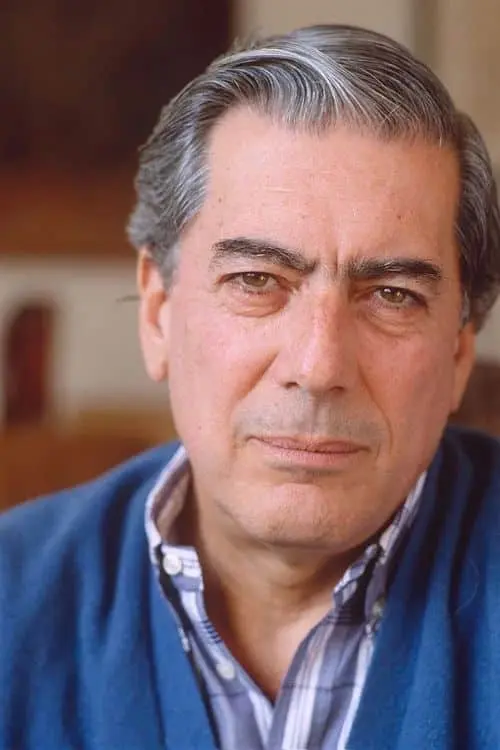
Peruvian writer Mario Vargas Llosa is a master storyteller known for his intricate narratives that often intertwine personal Stories with broader political themes. He skillfully weaves personal narratives with political themes, evident in works like “The Feast of the Goat” and “Aunt Julia and the Scriptwriter.”
Llosa’s novels often delve into power dynamics, corruption, and the complexities of human nature. Awarded the Nobel Prize in Literature, his contributions extend beyond fiction to essays and political commentary, reflecting his deep engagement with societal issues.
Marcel Proust
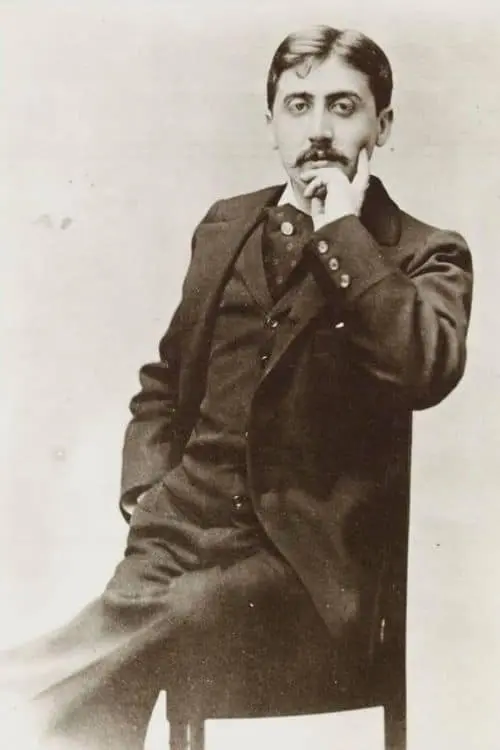
French author Marcel Proust is celebrated for his monumental work, “In Search of Lost Time.” This monumental work, spanning seven volumes, delves deeply into themes of memory, time, and self-discovery. Marcel Proust, crafting his narrative with intricacy and introspection, utilizes long, flowing sentences and detailed descriptions.
Moreover, he masterfully captures the subtleties of human emotion and the nuances of social interaction, profoundly influencing modern literature. “In Search of Lost Time,” exploring the interplay between past and present, consciousness and memory, stands as a seminal work. Consequently, both readers and critics celebrate it for its psychological depth and artistic complexity.
Mary Shelley
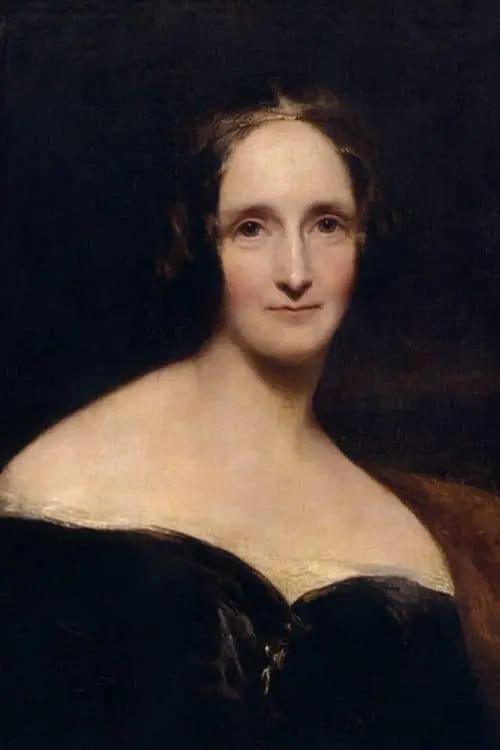
English novelist Mary Shelley is revered as the author of “Frankenstein,” a groundbreaking work that laid the foundations for the science fiction genre. Written when she was just 18, this seminal work is often hailed as one of the earliest examples of science fiction.
“Frankenstein” delves into themes of creation, ethics, and the nature of humanity, reflecting Shelley’s profound narrative talent and foresight. Her novel transcends mere horror, posing deep philosophical questions about life and responsibility.
Milan Kundera
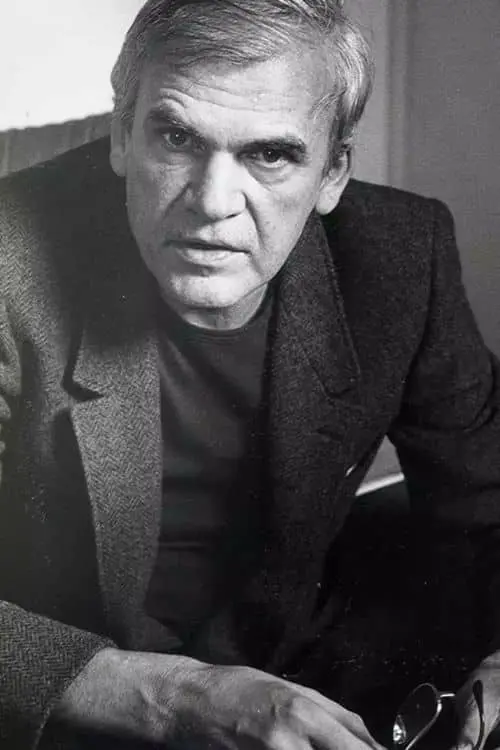
A Czech-born French writer Milan Kundera has earned international acclaim for his deeply philosophical and introspective storytelling. His novel “The Unbearable Lightness of Being” gained him fame, providing a poignant exploration of love, politics, and personal identity during the Prague Spring.
Furthermore, Kundera’s writing is notable for its philosophical depth; he seamlessly blends narrative with contemplation to unravel the complexities of human existence. Additionally, he frequently challenges conventional storytelling structures, thereby establishing himself as a distinctive voice in contemporary literature.
Maya Angelou
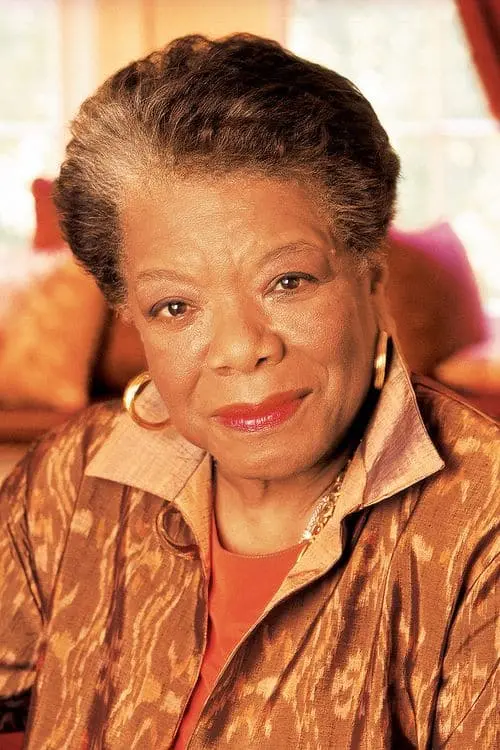
An American author and poet Maya Angelou gained fame for her autobiographical series, especially “I Know Why the Caged Bird Sings,” detailing her life experiences.
Her work deeply explores themes of race, trauma, and healing, resonating with readers worldwide. Angelou’s impactful storytelling and eloquent poetry have established her as a symbol of strength and resilience. Beyond her literary contributions, she actively engaged in the fight for equality and human rights, lending her powerful voice to these crucial causes.
Michael Ondaatje
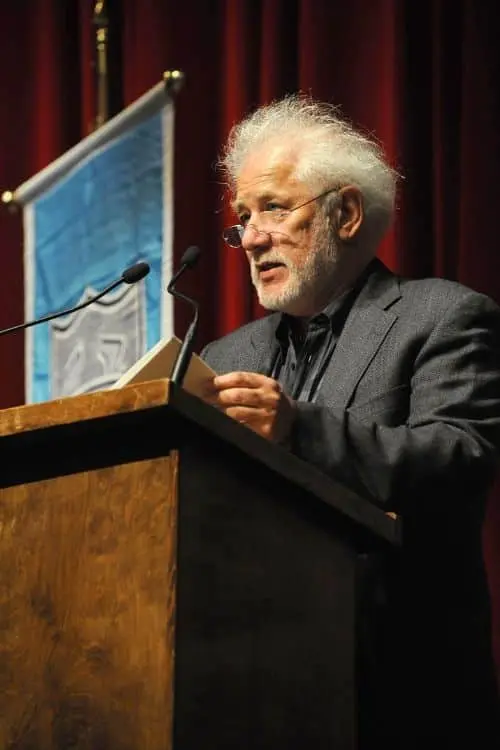
A Sri Lankan-born Canadian author Michael Ondaatje is renowned for his poetic and evocative writing style He gained widespread acclaim with “The English Patient,” a Booker Prize-winning novel that later transformed into a critically acclaimed film.
Additionally, Ondaatje’s works often explore themes of identity, memory, and displacement, weaving intricate narratives that transcend traditional storytelling. Moreover, his distinct literary voice, characterized by lyrical prose and complex characterizations, has firmly established him as a significant and respected figure in the contemporary literary landscape.
Murasaki Shikibu

A Japanese author from the Heian period Murasaki Shikibu wrote “The Tale of Genji,” often regarded as the world’s first novel. Her work, rich in narrative depth and character development, provides a unique insight into the life and culture of the Japanese imperial court.
Shikibu’s storytelling, blending poetry with prose, has not only shaped the landscape of classical Japanese literature but also holds a significant place in the history of world literature, marking her as a pioneering literary figure.
Mikhail Bulgakov
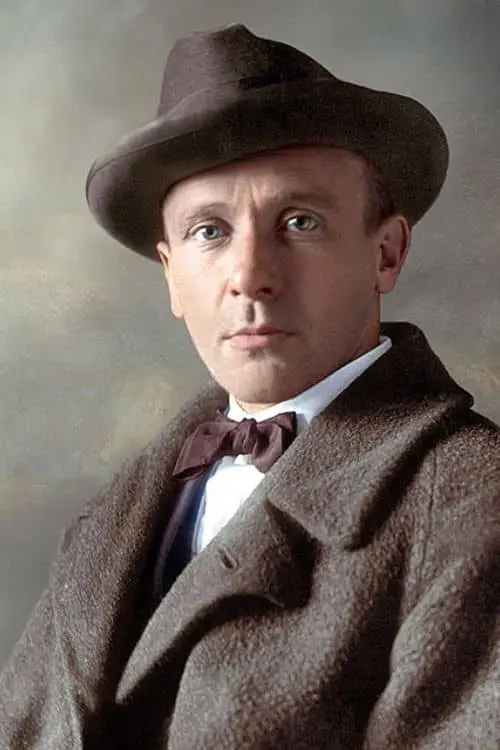
A Russian author Mikhail Bulgakov is best remembered for his novel “The Master and Margarita,” where he masterfully blends satire, fantasy, and political commentary.
Although Soviet Russia censored his work, it has posthumously achieved international acclaim for its imaginative storytelling and incisive critique of Soviet society. Bulgakov’s unique narrative style mixes the surreal with the realistic, reflecting profoundly on freedom, truth, and human nature. His legacy continues as a testament to the enduring power and resilience of creative expression.
Also Read: 10 Must-Read Authors whose name starts with K
